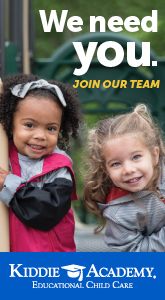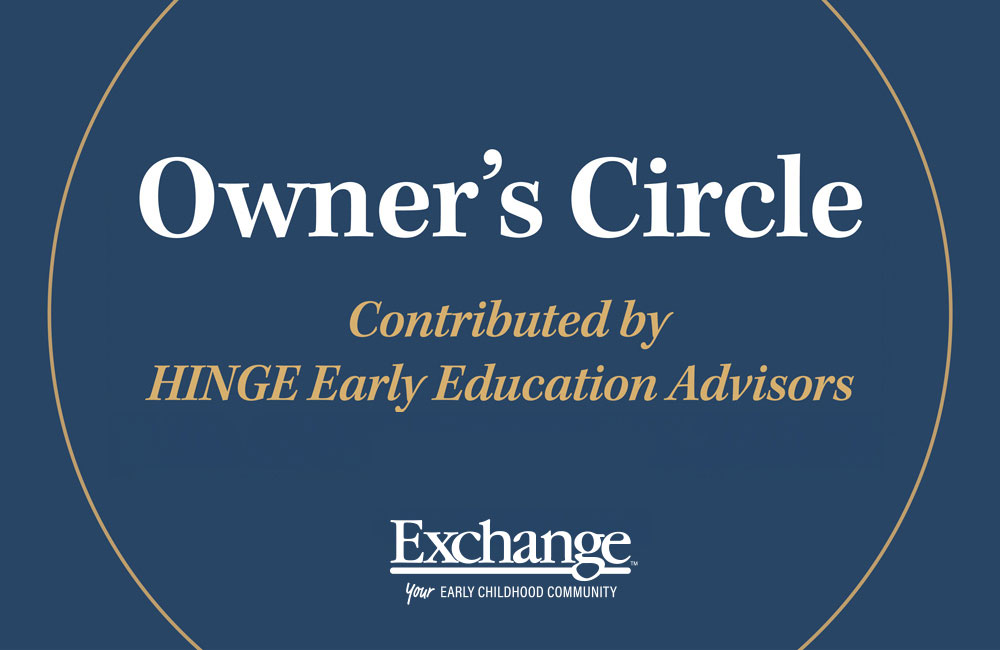August 19, 2024
Intentional Thinking About Funding
Funding is like the fuel in a car. It’s what is necessary to achieve the vision and mission of the business just the same as the fuel that is necessary for a car to operate.
– Simon Sinek, author and inspirational speaker
Today’s EED is from guest contributor Robert Gundling, Ed.D. Robert has 52 years of experience in early childhood education and is co-founder of Better Futures, LLC. He has also worked as an administrator, teacher, leader, and adjunct faculty member at several colleges and universities.
The field of early childhood education has been built on the image that “We’re not in it for the money.” The work of an early childhood educator has been grounded in a love for children and a calling to serve others. As a result of not focusing on funding, early childhood education programs cannot continuously improve the quality of the programs they offer to young children, their families, and their staff.
As a leader in the field of early childhood education for the past 52 years, I am aware of the beginning of this field of practice. A field founded with a focus on the education and the social services offered to children and families. I don’t recall an intentional effort to create a child care program as a business. An unintentional consequence of not viewing community-based early childhood education programs as a business is creating a public image as a fragile business predominantly led by the government, which operates as a bureaucracy rather than a business-focused enterprise.
I found it important to learn that the reason to create a business is to charge a fee for a service and/or product that the public needs. The fee is determined by creating a start-up budget and a three-year projection of the business’s operating cost. This article provides ideas on sample budgets and strategic insights.
It’s time for early childhood education programs to move to become vibrant, profitable businesses able to sustain and grow a high-quality program for young children, their families, the staff, and the community where they operate – for the public good and a strong economy.
Share with the hashtag #ExchangeEveryDay
Print Friendly
Related
By Ann Pelo and Margie Carter













